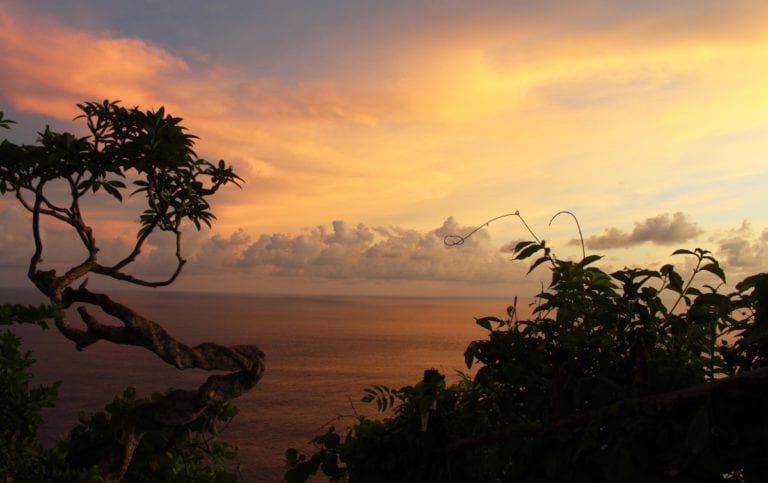July 2020 Meditation
Here’s the July 2020 Audio Meditation…
For those of you who would prefer to have images with your meditation, here’s the YouTube version…
Meditations, experiments, books and guided meditations to assist with nourishing spirituality, healing childhood wounds, and living more consciously.
Meditations, experiments, books and guided meditations to assist with nourishing spirituality, healing childhood wounds, and living more consciously.
Here’s the July 2020 Audio Meditation…
For those of you who would prefer to have images with your meditation, here’s the YouTube version…

As a child, my grandmother was my first spiritual teacher and many of the things she taught me have stayed in my awareness over all these many years. One of the things she taught me I’ve written about before—the raincloud of knowable things. What continues to touch me about this concept is how vividly it reminds me that I’m never alone, that I am always and inevitably part of something much bigger than myself. In this case, it reminds me that I’m part of a vast collective consciousness that contains the wisdom of all humans across all time and that I and everyone else contributes to and draws from this collective all the time. This is an idea that has supported my work as a trauma specialist in psychotherapy and it is an idea that has given me hope even when things may have looked profoundly bleak.
It also touches into an experience that gets stronger for me as I age—that I am in community with a reciprocal environment all the time. I saw an illustration of this the other day as I walked across Central Park. I noticed a gentleman, early in the morning, taking cans and bottles out of the trash bins scattered throughout the park. It was a Monday morning, so the bins had quite a few offerings and I began to think about how this man’s activities support recycling, and that he contributes something meaningful that I usually wouldn’t know anything about. That got me to thinking about all the activities going on in my world that I don’t see and yet add to the quality and support of my life. It reminded me of the fact that, even at subtle levels, we constantly contribute to and draw from our collective environment.
Read More “769th Week: The Raincloud of Knowable Things”
I ended last week’s practice with a suggestion to come back to the present moment and to this current breath as a way to manage some of the stress of this time in our collective lives.
One of the practices that I used to teach in the Somatic Experiencing® trainings was to invite people to notice how they “add fuel to the bonfires of activation”. Many of us have grown up in cultures that don’t focus on tracking how we allow our thinking to drag us hither and yon, an experience that generates enormous amounts of suffering. In this time of the coronavirus pandemic, it’s more important than ever to be able to notice when we increase our suffering by allowing our fear-generated thoughts to dominate our attention and experience.
One of the practices that can be difficult but is powerfully important is to hold the intention to come back to the present moment, to the breath you’re taking right now, and to focus awareness on this breath, on this moment. In terms of self-talk, one of the things that’s helpful to say while doing this practice is something along the lines of, “In this moment, right here and right now, I’m okay enough.”
Read More “782nd Week: This Breath, This Moment”